
Researchers explore the effects of advertising on customer requests for psychiatric medication and proper treatment.

Researchers explore the effects of advertising on customer requests for psychiatric medication and proper treatment.
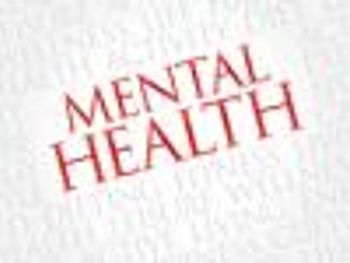
HIV can increase hospitalization for mental health issues compared with the general population.

Over half a million people have enrolled in New Jersey’s Medicaid program since expansion 2014.
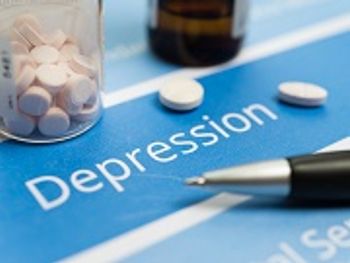
Patients treated for their metabolic deficiencies experienced improved symptoms and even remission.

Approximately 96% of patients adhered to mental health treatment under integrated model.
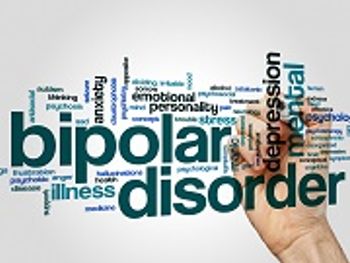
New study aims to create evidence-based personalized treatments for patients with bipolar disorder.
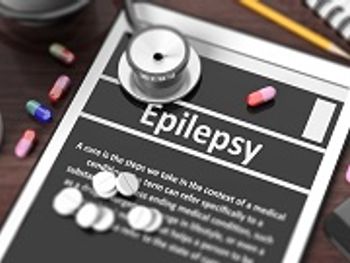
Antiepileptic treatment was most likely to affect women and patients with temporal lobe epilepsy.

Restricted access to atypical antipsychotics resulted in small cost savings, but increased healthcare utilization.

Brief interventions can help correct misconceptions that pharmacy students may have toward mental illness.

Highest risk factors for readmissions include having Medicare or Medicaid insurance.

Patients with cancer need to be assessed for mental health issues.

Important health screenings for patients taking antipsychotic medication are not being carried out in certain patient groups.

Cancer diagnosis may potentially cause a decrease in physical function and mental health.

Depression and anxiety strongly influences the success of cancer treatment.

The FDA has approved Vraylar, an atypical antipsychotic, for the treatment of schizophrenia and the acute treatment of mixed or manic episodes associated with bipolar I disorder.

I saw a sign today. It was in my psychiatrist's office, and it told me that May is Mental Health Awareness Month.
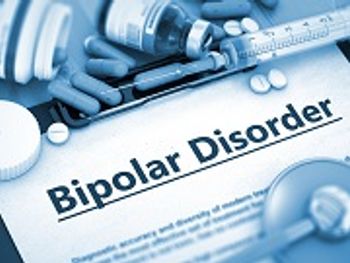
Interventions for bipolar patients can include group sessions, individual therapy, telephone, and e-mail to deliver adherence messages.
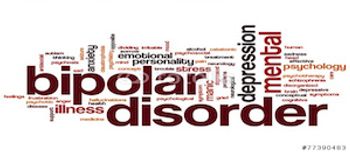
Patients diagnosed with bipolar disorder are at very high risk for medication nonadherence.

There is a potential correlation between aripiprazole use and increased risk for compulsive gambling and hypersexuality.

Researchers push for insurance to cover exercise programs for patients with mental illness.

Combining lamotrigine with quetiapine may improve depressive symptoms and clinical remission rates in patients with bipolar disorder.

How many of these off-label uses have you seen before?

While I was getting changed after a workout at the local YMCA, a familiar face got my attention.

The FDA has approved cariprazine (Vraylar) to treat schizophrenia and manic or mixed episodes associated with bipolar disorder.

Clinicians would like to have better information about treatment options for bipolar depression, but clinical trials of any length are scarce.